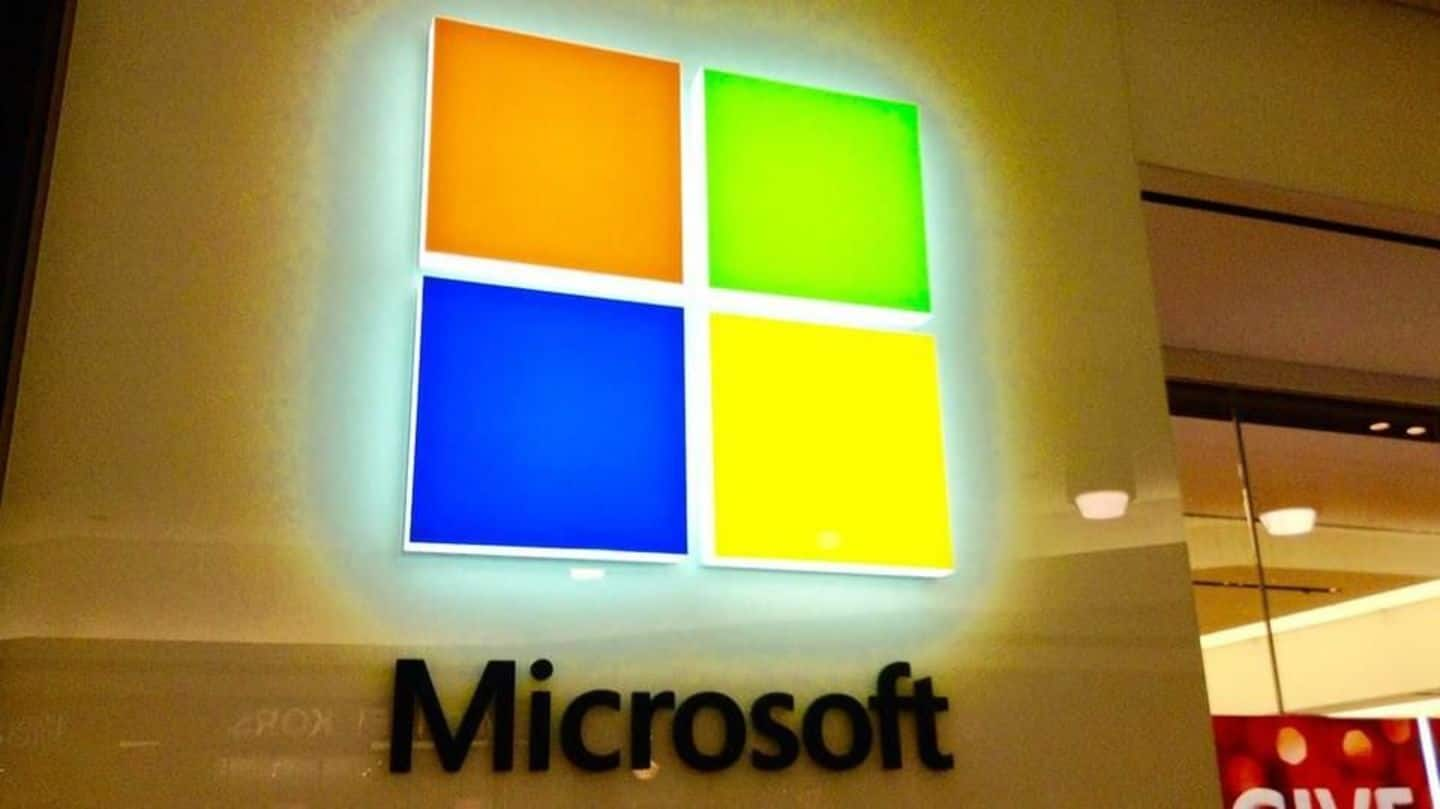
Microsoft calls it a day for Windows 10 Mobile
What's the story
Sometimes the mature thing to do is to let go of something that didn't work great, to begin with, and direct focus elsewhere. It's just the smart thing to do.
So, when Microsoft Windows 10 chief Joe Belfiore tweeted that the firm will no longer be developing new features and hardware for the mobile version of its operating system, we understood.
Here's more.
Windows OS
What was the hiccup?
Very few, globally, still use this OS on their smartphones.
Microsoft founder Bill Gates admitted a while back that even he has switched to Android and now, so has Joe Belfiore, who broke the aforementioned news on Twitter. The Windows mobile operating system simply couldn't garner enough traction.
IDC estimates that the OS had only 0.03% market share between April and June this year.
Android
How was it different?
One of the benefits of using Windows 10 Mobile was that users could use "universal apps" i.e. same apps were available on their personal computers as well as their mobile devices.
Unfortunately, the idea wasn't radical enough to garner a substantial number of users for the mobile operating system to soldier on. Windows 10 Mobile wasn't as good as an Android or iOS device.
Twitter Post
It didn't work
We have tried VERY HARD to incent app devs. Paid money.. wrote apps 4 them.. but volume of users is too low for most companies to invest. ☹️ https://t.co/ePsySxR3LB
— Joe Belfiore (@joebelfiore) October 8, 2017
OS
Why didn't it work?
Remarking that it was just a matter of time for the OS to shut down, IDC's Francisco Jeronimo said, "There wasn't a wide range of devices running Windows 10 Mobile, so it wasn't attractive to retailers or operators."
Microsoft will support the platform by providing "bug fixes, security updates, et cetera," but "building new features or hardware is not the focus," informed Belfiore.
Belfiore
Au revoir my friend!
Belfiore also mentioned that the firm had done all it could to nudge other firms in creating "universal apps". Microsoft even wrote the software for some of the companies.
However, at the end, the user numbers were too dismal for anyone to put effort into the entire exercise. Therefore, like all good journeys, this too had come to an end.